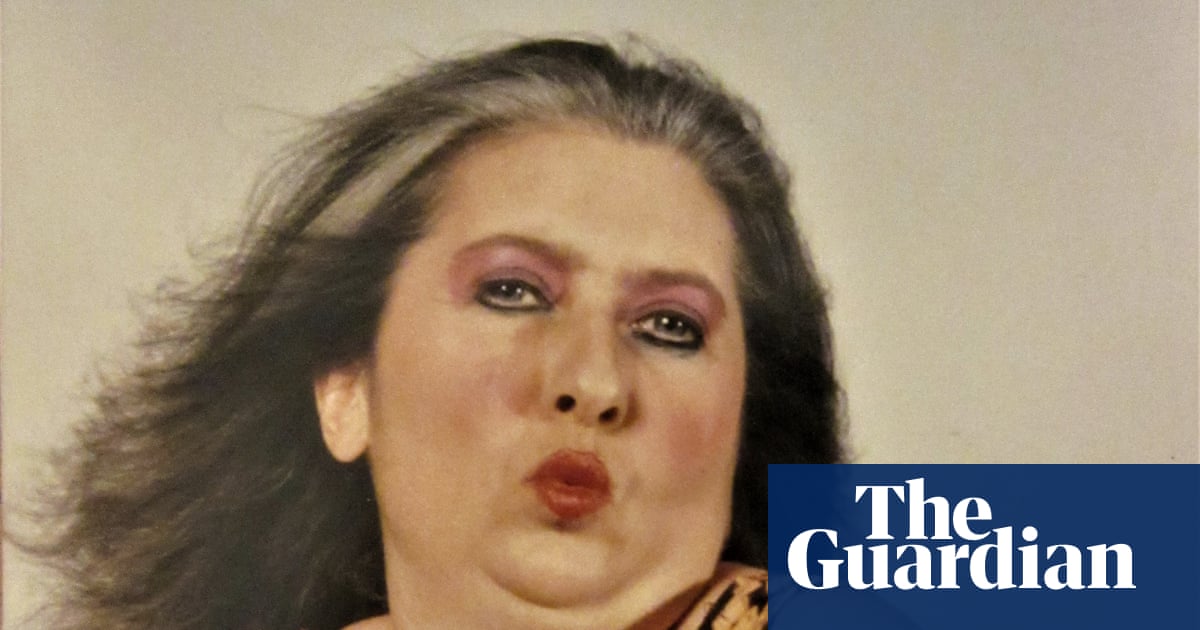
"You'd say to her: Auntie Avril, can I give you some more chicken?' And she'd say: Go on, Joanne, my punters love me with a bit of meat on.' Hang on, what are you talking about, your punters? There would be other tantalising references to her career on stage besides, but no further info. Everyone's sitting there at Passover or Jewish New Year and no one asks any follow-up questions!"
"It's like everyone accepts that Auntie Avril is this subversive presence. When I told her I was getting into music, she said: Quit school, join a band, get on the road, never look back you won't regret it.' It was a very humdrum, suburban, conformist, normative environment and she kept going off script. It was only after her aunt died that Rosenthal really understood the full extent of what had been going on."
"I went to help my uncle clear her stuff, and when I walked into the living room, it was like a shrine to her career. Boxes of stuff, floor to ceiling. Posters, flyers, photos, studio masters, tapes, obsolete media like videos, boxes and boxes of correspondence, letters she'd written to Factory Records and EMI. Avril A and friend in a promotional image, date unknown"
Joanne Rosenthal grew up in a religious Jewish household in Manchester where her uncle's wife, Avril, presented as an eccentric, subversive presence. Avril advised Joanne to quit school and pursue music, urging a life on the road. After Avril's death, Joanne uncovered extensive archival material documenting a secret performance career: posters, flyers, studio masters, tapes, videos and correspondence with labels. By day Avril was a housewife in an Orthodox community; by night she became Avril A, a glamorous star in gay clubs who recorded low-budget hi-NRG tracks with provocative titles and created surreal, ambiguous videos that unsettled and defied clear interpretation.
Read at www.theguardian.com
Unable to calculate read time
Collection
[
|
...
]